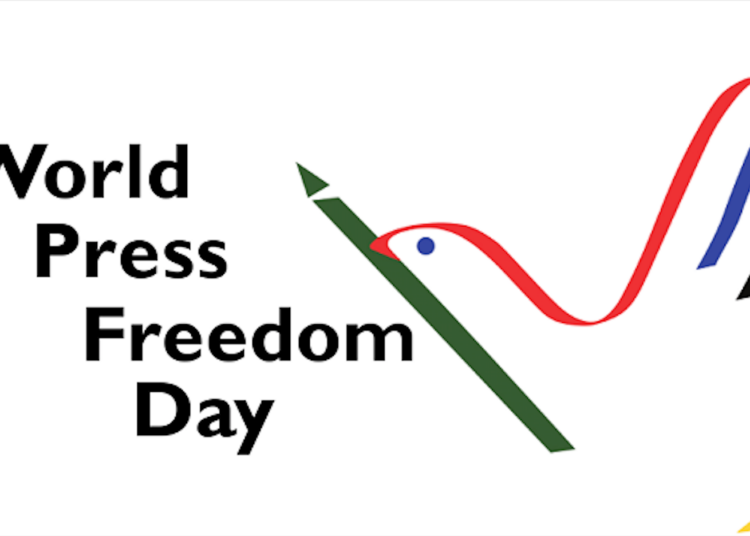The World today is engulfed in crises most of them contrived and self-inflicted. Reporting these crisis situations is the job of the journalist who often puts his own life on the line. But this is not the main thrust of the argument, crucial as it is. Journalists are not only facing the dangers of covering developments as they unfold but, more importantly, are confronted with obstacles that tend to stymie their freedom to do so.
It is this challenge that is at the centre of discussion as the world marked Press Freedom Day on May 3. The need to bring the issues involved to the attention of the public is the defining statement on this day set aside to celebrate journalists and the risk they undertake in the course of their assignment as well as to promote and defend the freedom of press worldwide.
It is a day to reflect on the importance of press freedom, to recognise the contributions of journalists to the democratic process and development, and to honour those who have lost their lives in pursuit of the truth.
As the world celebrates, it is germane to note that media freedom, safety of journalists and freedom of expression are increasingly under attack, which impacts the fulfillment of other human rights. It is exactly to counter these critical situations and threats that press freedom, safety of journalists and access to information take centre stage.
The right to freedom of expression, enshrined in Article 19 of the Universal Declaration of Human Rights, is a prerequisite and the fulcrum around which revolves access to other human rights.
In Nigeria, the press faces peculiar challenges that make it difficult for journalists to practise their profession freely and without fear. Journalists in Nigeria are frequently subjected to harassment, intimidation, and violence, especially when they report on sensitive issues like corruption, human rights abuses, and insecurity. In some cases, journalists have been arrested, detained, and tortured for doing their job.
The harassment of journalists by the Nigerian police and other security agencies is also another challenge. It is a serious violation of press freedom and a threat to democracy. Journalists deserve to have the right to report on issues of public interest without fear of harassment or intimidation.
The interference of security agencies and their collaborators in the corridors of power is unacceptable, and all efforts must be made to guarantee the safety of practitioners and uphold press freedom.
Aside these, the Nigerian press also faces economic challenges, as many media organisations struggle to stay afloat in a difficult economic environment such as is prevalent in the country presently. This has led to a decline in the quality of journalism, as media organisations prioritise revenue generation over quality reporting. Many journalists are also poorly paid and lack access to training and resources to improve their skills.
There is a crushing demand on journalists to uphold the highest standards of professionalism and ethical conduct in their work. This includes verifying information, avoiding sensationalism, and respecting the privacy and dignity of individuals. Do they have an unfettered right to exercise these functions?
Regardless, in our considered opinion, journalists should continue to speak truth to power and report fearlessly on issues of public interest, even in the face of challenges and threats. They should also strive to cover all sides to a story and provide balanced and fair reporting.
As the world draws attention to the urgency of press freedom, it is pertinent to remind journalists that they should equally take care of their personal safety and security. They should always be aware of their surroundings and take necessary precautions when reporting on sensitive issues. They should seek legal and institutional protection when necessary and as much as possible avoid any hero stuff.
In our view, the police and other security agencies have a responsibility to protect the safety of journalists and to respect their rights as enshrined in the Nigerian constitution and international human rights statutes.
To that extent, we call on the Nigerian government and media organisations to take concrete steps to promote and defend the freedom of the press in Nigeria. On our part, we honour the courage and sacrifices of journalists who have worked tirelessly to keep the public informed and to hold those in power to account.
The greater part of the task of ensuring press freedom lies with media organisations who must accept the rationality of prioritising the welfare of media practitioners, providing them with fair wages, better working conditions, and training opportunities to improve their skills. As the world remembers Journalists at this event, it is pertinent to point out, in our view, that it must not end with the revelry. Journalists deserve a free hand to do their job just as the society expects them to be responsible and patriotic at all times.





